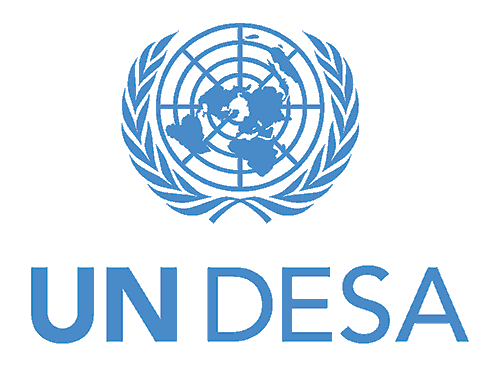Background
The COVID-19 pandemic and the ongoing war in Ukraine are threatening to cause major setbacks in poverty reduction and jeopardize efforts to achieve the UN Sustainable Development Goals (SDGs). This project aims to counteract this by strengthening the capacity of Government agencies to better utilize data and analytical techniques to inform strategies and decision-making processes on sustainable development using quantitative modelling tools. The successful adoption of these tools is expected to improve analytical capacity for decision-making and national planning processes.
The capacity development project seeks to build capacity for the use of modern modelling approaches and tools to strengthen the analytic foundations and evidence base of policies and strategies for sustainable development in target countries. One of the tools being transferred to beneficiary countries is the Core Overlapping Generations Macroeconomy Model (OG-CORE) adapted to each beneficiary country.
The Economic Analysis Policy Division (EAPD), Department of Economic and Social Affairs, United Nations, will implement the present project and intends to create the capacities to prepare and utilize the country adaptation of OG-CORE to analyse policy questions and inform viable options. To this end, EAPD intends to design and deliver a training program on OG-CORE and its use to technical staff of beneficiary countries. To support the training course, EAPD intends to develop OG-CORE training materials to be made available in a dedicated online training platform for the project
.Methodology
The training programme will transfer any of three models to support the beneficiary country.
The OG-Core model is an “overlapping generations model” that can help policymakers in developing countries design more effective and sustainable economic policies that cater to the needs of diverse population groups.
It is a powerful, flexible, and open-source tool to assess the impact of economic policies on different population groups and generations across time. The model is particularly useful to study taxation and spending policies, social protection and pension systems, transfers, savings behavior, technological progress, and the effect of demographic changes.
Partnerships
UNDESA work with key research partners in each country
